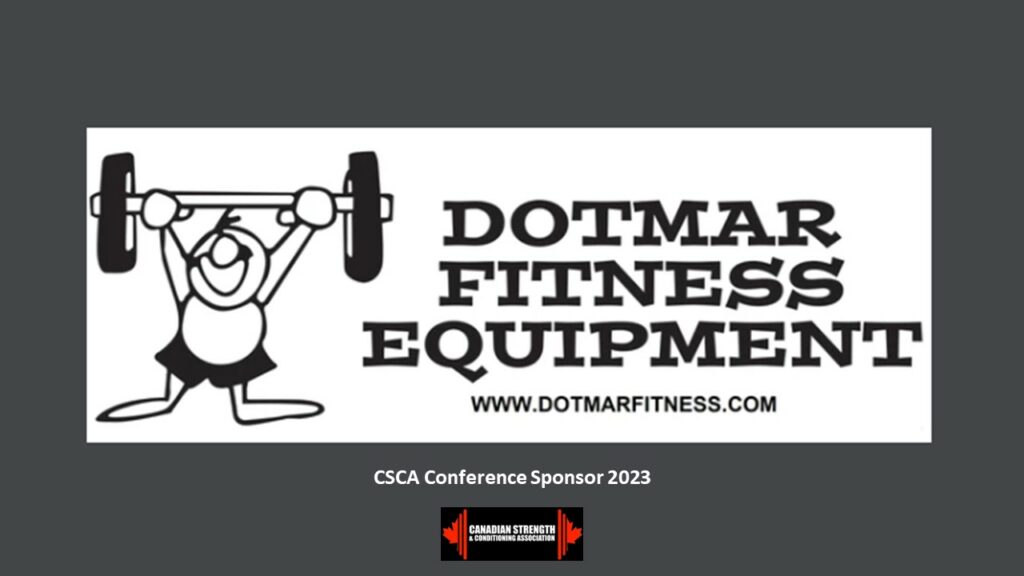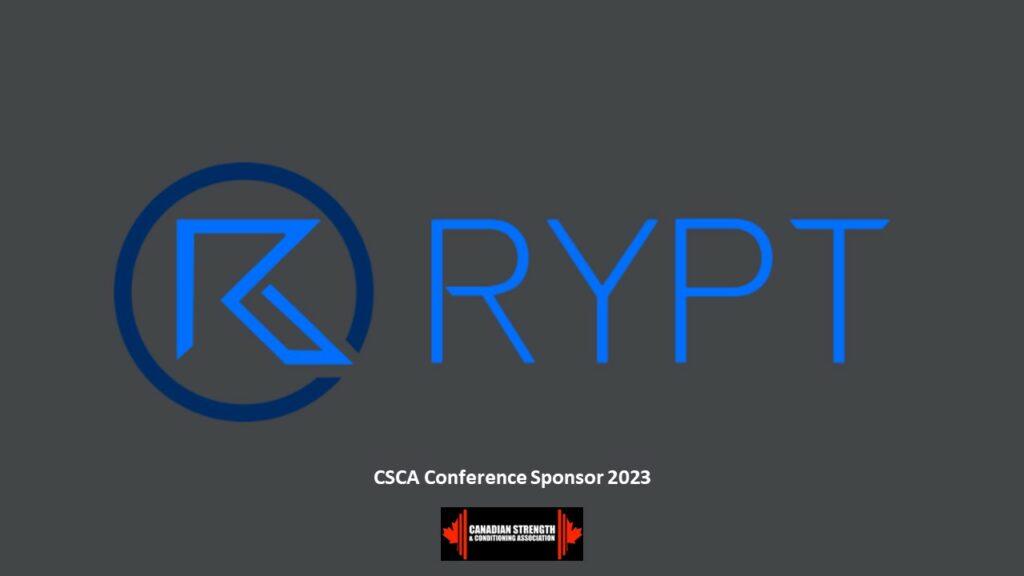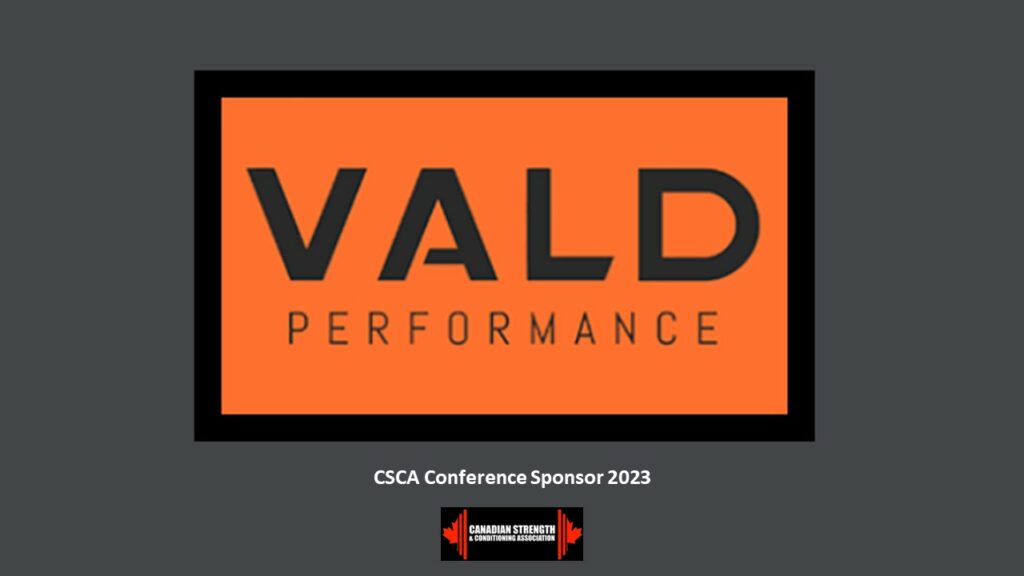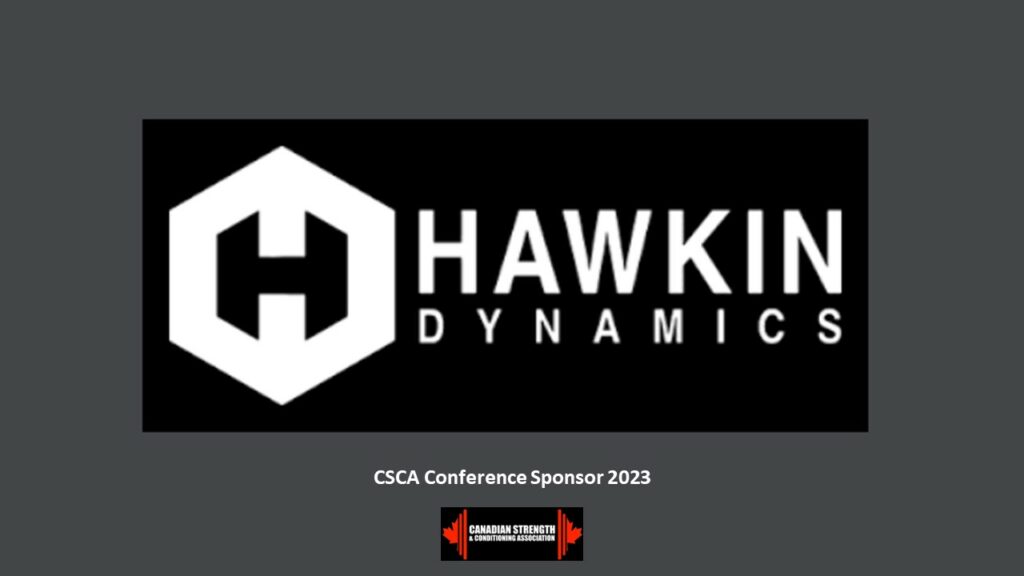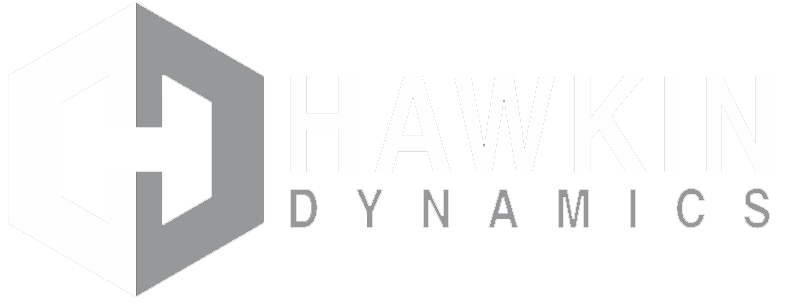CSCA In-person and Virtual Conference 2023 Recap
Based on CSCA members’ feedback and expressed desire, the CSCA Annual Conference for 2023 was a mix between in person regional events, and virtual sessions from coast to coast.
The conference began on Friday May 12th with a virtual keynote shared across the country facilitated by Andrea Neil. Her session related to developing leadership as a coach was insightful and well received by the CSCA conference attendees. Follow the keynote address, CSCA President Trevor Cottrell shared information related to the CSCA professional acreditation coming for S&C profressionals. If you did not attend the session, be sure to follow the CSCA on instagram, and subscribe to the CSCA newsletter.
On Saturday May 13th the conference shifted from online to in person regional events. Here are summaries of the in person regional events in Nova Scotia, Ontario and British Columbia.
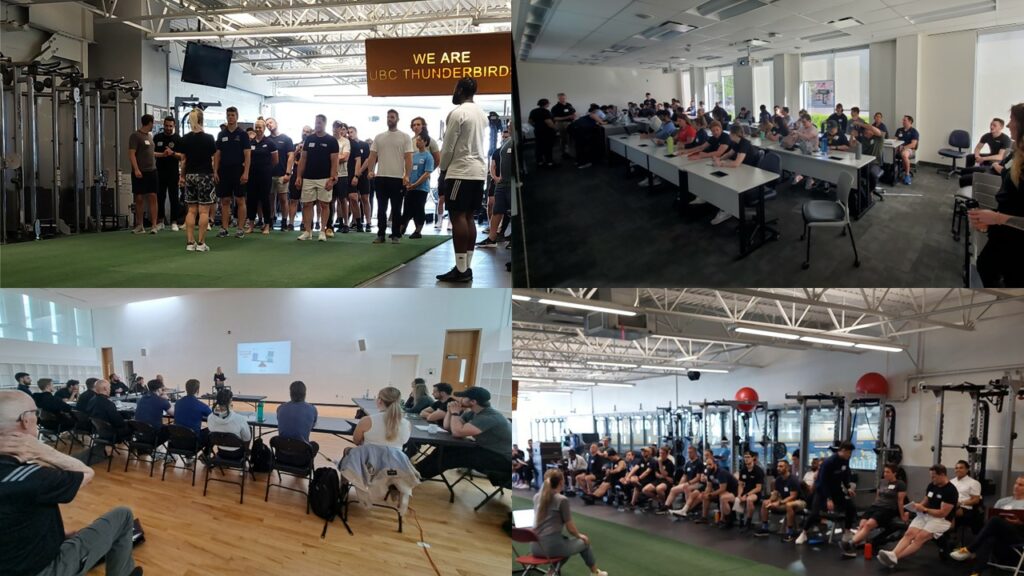
Saturday, May 13th 2023
CSCA Nova Scotia Regional Conference Recap
Dalhousie University was the gracious host for our 2023 CSCA Atlantic regional conference. All 4 Atlantic Provinces were represented by S&C professionals and students studying and working in U-Sport, private performance centres, and sport therapy clinics.
Registration took place in Dalhousie’s new High Performance room and was a great opportunity for the attendees to reconnect with former classmates and colleagues. It was also a great opportunity for our attendees to chat with Vincent Lucente, a regional rep for our main sponsor Hawkin Dynamics.
We had 4 presentations with Blair Donovan, owner of Healthy Baller in DC kicking things off. His presentation highlighted the challenges and successes that himself, a private facility owner faced throughout his career and how he was able to succeed in running the largest sports performance company in the DC metro area. All professionals, especially those working in the private sector, benefited greatly from the information Blair shared with us.
Melissa Allen joined us from CSI-Atlantic in Halifax and spoke to us about how S&C professionals can help guide the nutritional needs and address challenges of the young athletes we work with. She not only educated us, but provided us with some tools that we as coaches can use to take a basic approach to a topic that may overwhelm many of us.
Chad Fraser wrapped up our morning session bringing us through his work as head therapist for Cirque Du Soleil. He discussed the rigors of the travelling shows (he has been all over the world), the extreme stress and positions these athletes are put in and the lack of recovery time allotted between shows. This was a fascinating presentation bringing to light not only how incredible these professional athletes are, but how important it is to have a competent and qualified team working with them. The attendees were able to interact as he provided a few case study slides using videos of performances and then allowing us to brainstorm our approach to coaching them in a weight room.
Lunch was provided by Dalhousie onsite and allowed attendees to continue to network and connect with our presenters, who were more than willing to answer questions and collaborate.
Josh Crouse, Head S&C coach at St. FX wrapped up our presentations with a talk on developing a successful internship program. He outlined what has worked and not worked for him in his program and the key factors to developing his culture. His presentation initiated great discussions amongst other AUS coaches and students who are currently working as interns themselves.
Following our presentations, I led a coach’s panel discussion addressing concerns and challenges in youth training development. I was joined on the panel by Ian Rown-Legg, Gary Pepperell, and Dr. David Behm. Ian currently works with a large population of youth athletes and Gary comes from an extensive background of coaching young athletes in the UK. Dr. Behm, current CSCA Advisory Team member, was an incredible resource, able to discuss and site past and current research to take into consideration when working with athletes of a younger age and maturity. The conversation was casual and free flowing and transitioned into ideas on resources organizations like the CSCA can provide coaches and parents with that would assist in dealing with those challenges. We concluded our afternoon conversation with me provided our attendees with information regarding the purpose of the CSCA and our upcoming CSCP credential. Many attendees were not familiar with much of the CSCA and this provided a great time for me to highlight our plan and mission. There was much interest around the CSCP credential and it was a great way to wrap up the conference.
I couldn’t have been happier with how the day turned out and in classic East Coast fashion, approximatley 15 of us continued our conversations with a couple of cold pints at Garrison Brewery on the Halifax Waterfront. Many thanks to everyone who made this inaugural event a success!
Shauna Forsyth, CSCA Vice President
CSCA Ontario Regional Conference Recap
Over 60 members of the strength and conditioning community came together at Sheridan College for the first in-person CSCA annual conference in Ontario.
The day started with Dave Mcdowell providing a very detailed guide for how to track athlete metrics, what to track, and what is just noise in day to day training. Dave was followed up by Isaac Seabrook who ran a practical session on training parasport athletes. Isaac’s presentation serves as a reminder that textbook form doesn’t work for everybody and that lessons learned from training para-athletes can be applied to newly injured athletes as well.
Next, everyone headed down to the gym to get sweaty with Joey Nemet’s practical presentation on how to bridge the gap between sprint acceleration drills and sprint acceleration, showing that drills with purpose can transfer well to the desired technical outcome.
After lunch and demonstrations from some of our sponsors; Dr. Ricky Singh explained how to assist in rehab from the table to return to play. His presentation was a nice example of the progression of strength strategies for athlete reconditioning.
Lastly, we had Peter “Renzo” Renzetti give some useful tips he’s gathered in his years of coaching. This served as a not so gentle reminder that training isn’t about us coaches, it’s about the athletes. The event was capped off with Sam Eyles-Frayne leading a panel discussion on career advancement in strength and conditioning. Panelists from several different professions provided tips on career building and navigating different roles in S&C.
The networking continued following the conference with many making the trip to the local pub for a little unwinding and catching up. This year was a success and we look forward to next year’s turn out.
Nicole Smart, CSCA Ontario Regional Conference Co-ordinator
CSCA BC Regional Conference Recap
Our inaugural West Coast CSCA conference hosted by UBC Performance was a great success. We had just over 40 attendees representing U-Sport and NCAA coaches, multiple private gyms and therapy clinics, kin students, personal trainers and data and analytics practitioners. The event opened at 10am so those in attendance had time to connect with our friends from VALD before Clayton Cross started his session on “Early to mid-stage achilles tendinopathy rehabilitation”.
Clayton began with about 15-20 minutes of slides and then quickly moved into the practical portion. We began with some basic mobility and strengthening exercises for the foot and ankle complex and worked into progressive plyometric prescriptions. Clayton did a fabulous job of both engaging the audience and giving them context of how everything he went through may fit into each one of our practices.
At the end of the hour, everyone was glowing and ready to jump into Coach Bott’s “Coaching Plyometrics” session. Carmen brought an unrivaled energy to her session and began with a fun and intensive warm up. She did a wonderful job of using each “rest period” to talk through the finer points of the preceding practical pieces and kept the audience hanging off her every word. One of the highlights for me personally was that she didn’t just talk through the “why” and “how” of plyo’s. She went into detail the importance of understanding how to scale things, where a coach may want to stand depending on the group you are working with, what to look for from the foot to the head and why knowing what type of plyometric and when they are most beneficial. Her session was intricately linked to Clayton’s and it was great to see them bounce ideas and concepts off each other and the group in real time.
We then went into our lunch break. During the 30 minute break, it was awesome to see the engagement of the attendees. Everyone was speaking with each other and networking as intended. Ryan and Michael from VALD had demo’s set up for everyone as well so we all had a chance to trial some of the equipment and look at the reports and software.
After lunch, CSCA Board member, Amarah led what I would say was my first ever practical session on “putting your data to work”. Amarah began with her slide deck and showed some extremely functional concepts that could be scaled to anyone in attendance. After about 20 minutes, she put everyone into groups and tasked them with some likely scenarios we all may see as coaches. It was awesome to see the engagement from those involved. There was great discourse that led to more great questions and answers. She shared some great content and resources for all users to leave with and like Carmen, she tied what she could to what the previous presenters had spoken on.
I led the last session on “non-traditional strength and conditioning methods”. Usually being the last presenter is tough, especially when 2 of the 3 first sessions were very physical and cognitively taxing, but not on Saturday. The attendees jumped at every opportunity for me to put them into some weird/odd positions and to learn how to get out of them effectively. We touched on the value of learning how to use yielding and anchoring into your warm ups and how it tied into some of the concepts that both Clayton and Carmen spoke on. We finished with some tumbling drills that could and should be scaled for the populations you work with. We touched on where and when these are most valuable to use as well as how to transition out of a fall or tumble into a sprint.
It was a great day and one of the best parts of it from my perspective was seeing all the attendees only using their phones to take pictures and videos. It was refreshing to see the level of engagement from start to finish.
Yours in strength,
Joe McCullum
A special thank you to Amarah Epp-Stobbe, CSCA Board Member and Chair of the Conference Organizing Committee. She worked non-stop for months in preparation, and the success of CSCA’s 2023 Conference is directly tied to her professionalism and hard work.
The CSCA Board would also like to thank all of the regional co-ordinators, the many volunteers, and especially the participatns in attendance (in-person and virtually).
We look forward to 2024!
